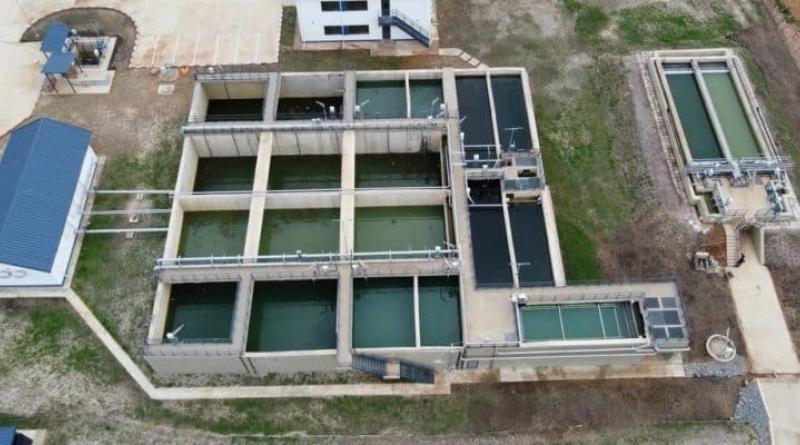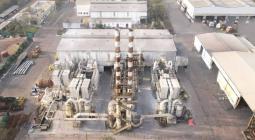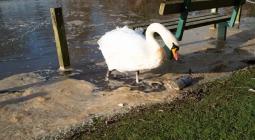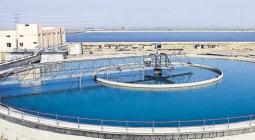GHANA: Kumasi, Takoradi and Tamale begin fecal sludge treatment

In Ghana, sanitation services in the towns of Kumasi, Takoradi and Tamale are being improved, thanks to the commissioning of new fecal sludge treatment plants. The installations respectively have a capacity of 1,000 m3 per day.
Pureco announces the commissioning of three fecal sludge treatment plants in Ghana. The Hungarian company chosen by Jospong Group of Companies (JGC), which supports waste management in the West African country, has established the new facilities in Ghana's three largest cities. These are Kumasi, Takoradi and Tamale whose overall population is estimated at nearly 5.4 million inhabitants.
Pureco collaborated on this project with the Indonesian auditing company, Unit Audit Internal. “ With a capacity of 1,000 m 3 per day each, these stations were designed and built in accordance with European Union (EU) standards and the limits set by the World Health Organization (WHO) in terms of discharge of treated wastewater into surface water bodies and canals ,” says the Hungarian company headed by Bálint Horváth. The sludge is transported for 7 to 17 hours, every day of the week by trucks of different capacities.
A treatment based on “Septopure” technology
And since then, the discharge of fecal sludge into the environment has been considerably reduced, limiting the proliferation of water-borne diseases and the pollution of water resources. In the new fecal sludge treatment plants, Pureco has installed its “Septopure” technology, designed to receive and clean excrement mechanically and biologically.
“The objective is to treat the sludge entering the stations in such a way as to significantly reduce the overall environmental impact concerning both the main flow (treated wastewater) and the secondary flows (screening waste, sand, various sludge)” , indicates Pureco. Thus, the fecal sludge will go through the stages of mechanical pre-cleaning and chemical pre-sedimentation, pre-sedimentation and biological treatment, aerobic treatment by activated sludge with the elimination of nitrogen and phosphorus, mechanical compaction and dehydration of the waste generated.
The United Nations has listed the “Septopure” technology as a technology to accelerate the achievement of the Sustainable Development Goals (SDGs), saying “it offers a quick solution where there is no sewage network » .
JGC financed the entire remediation work with a loan from Exim Bank of Hungary. This work completes the range of projects developed by the group in Ghana in partnership with Pureco, in particular the project to build wastewater treatment plants in 13 regions of Ghana, launched in 2022.






